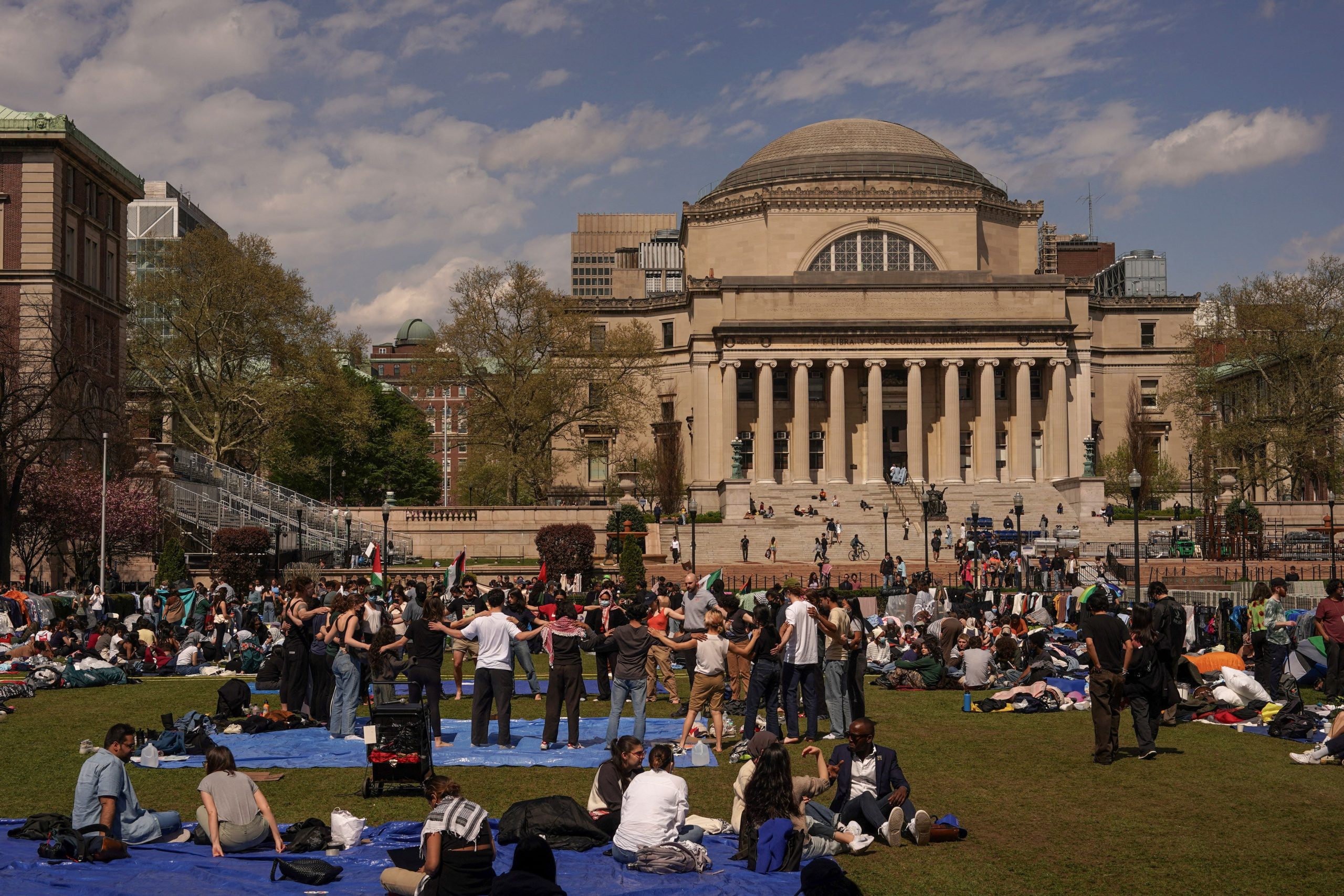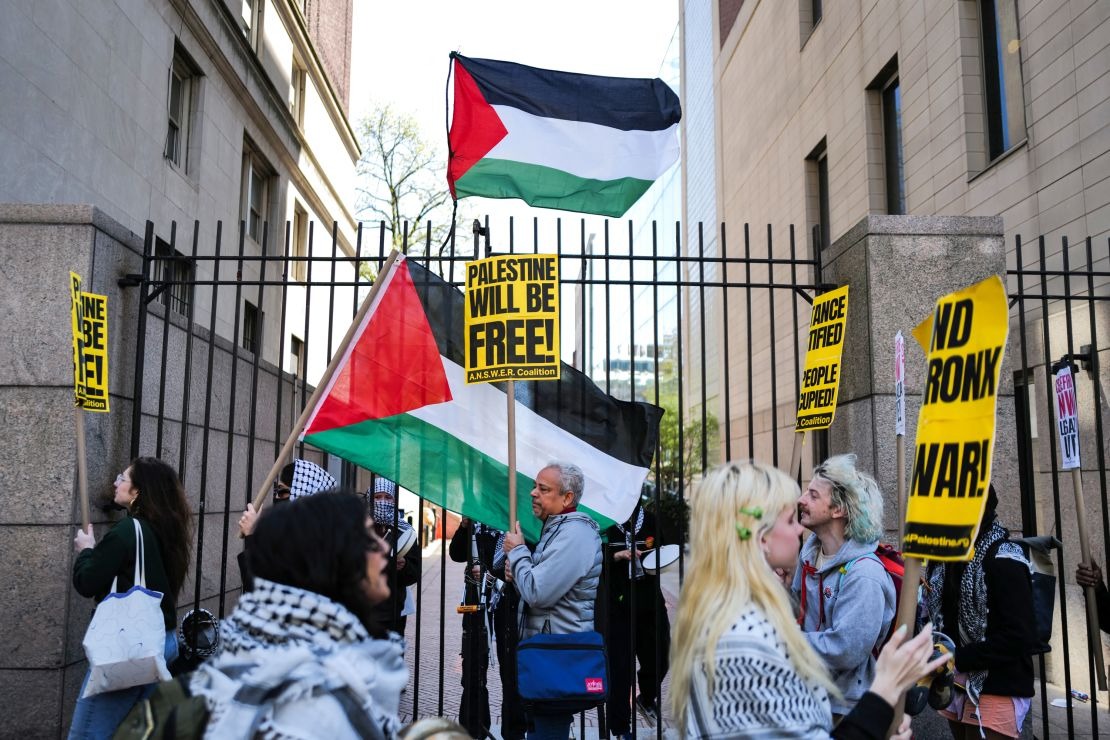Columbia University President Minouche Shafik is facing bipartisan criticism in the Midst of the ongoing pro-Palestinian protests on campus, which have raised concerns about antisemitism.
The protests, known as the “Gaza Solidarity Encampment,” began last Wednesday, coinciding with Shafik’s appearance before the House Education Committee to address antisemitism on campus.
Senator John Fetterman (D-Pa) condemned the protests as antisemitic and dangerous, likening them to the Charlottesville rally, and called on Shafik to take action or resign. The encampment, demanding a cease-fire in Gaza and an end to U.S. weapons support for Israel, has drawn attention to the issue of antisemitism at Columbia.

Antisemitism has surged nationally and globally since Hamas’s attack on Israel, with colleges facing scrutiny for their responses.
While Shafik and other Columbia officials avoided major incidents during their House testimony, tensions escalated when the NYPD began arresting students at the encampment last Thursday. Shafik expressed regret over the situation, stating that repeated attempts to resolve it had been rejected by the students involved.
Among those suspended was Isra Hirsi, daughter of Rep. Ilhan Omar (D-Minn.), who alleged mistreatment during the protest. Despite criticisms, demonstrators defended the encampment as a space of solidarity, emphasizing its community-centered nature.
The crackdown at Columbia has sparked similar protests at other universities, including Yale and NYU. Columbia has shifted to hybrid learning for safety reasons, but the demonstrations have drawn condemnation from both sides of the aisle, including the White House.

President Biden condemned the antisemitic protests while expressing support for Palestinian concerns. However, he stopped short of calling for Shafik’s resignation.
Republican lawmakers, led by Rep. Elise Stefanik, have called for Shafik’s resignation, citing her leadership failures. They have threatened further congressional hearings if the situation does not improve.
The escalating tensions underscore broader concerns about free speech, campus safety, and antisemitism, raising questions about the future leadership of Columbia University.


